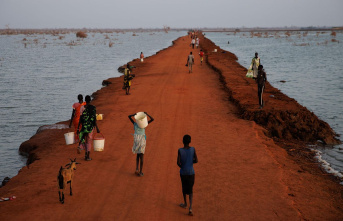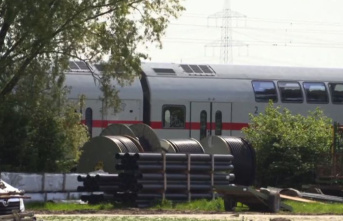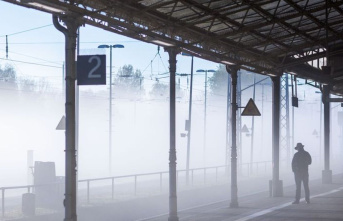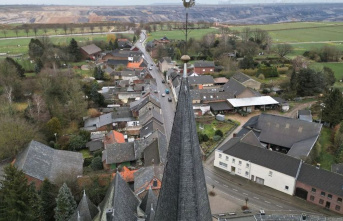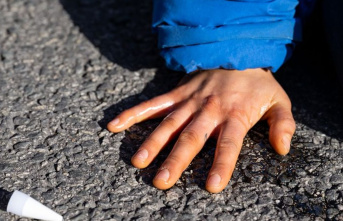The Bavarian coalition will be the first state government to subsidize the expensive insurance of farmers against the financial consequences of climate change. Insurers and the state government have agreed on this. "Bavaria is the first federal state to promote multi-risk insurance in agriculture," said Alexander Lührig, head of Allianz Agrar. Up to 50 percent of the contributions are paid by the state. The Ministry of Agriculture in Munich is preparing appropriate information for farmers, as a spokesman said.
"These include drought and frost," said Lührig. "Farmers cannot select individual hazards, only the whole package." CSU and Freie Wahler follow the example of neighboring countries such as Austria, where "multiple risk insurance" has long been subsidized because of its high costs.
"The whole world, whether in Europe, America or Asia, supports its farmers in risk management across the board, including on the insurance side," said the Allianz manager. "So far, Germany has basically been the wrong-way driver along with a few other countries, the absolute exception."
So far, in Bavaria and several other federal states, there have only been insurance subsidies for individual branches of agriculture such as winegrowers or fruit growers, but not for arable farming with its much larger acreage. "Agriculture with more than 11 million hectares in Germany and securing all the risks is still the biggest lever," said Lührig.
The reason for the agreement is that drought damage has increased significantly in recent years. The policies are very expensive for the farmers, since the insurance costs are very high in the event of a claim. Drought is a classic example of so-called accumulation damage, which affects entire regions and causes immense follow-up costs. Accordingly, the policies are not very widespread among German farmers. The Versicherungskammer Bayern is also involved in the program.
Farmers will also have to pay a deductible in the future. "The funding is not distributed with a watering can to those who say: We don't need it, but let's take it with us," said Lührig. "Because the farmer puts his mite in the pot, it contains a nice element of self-selection and helps to go easy on funding budgets."
Since the year 2000, extreme weather events have been extremely high, says Lührig. "In the soil moisture measurements by satellite, Europe looked like Africa in September this year," said Lührig. Natural events that used to occur every hundred years now happen every ten to fifteen years. "It's definitely man-made."
Mankind has pumped the world full of CO2, said Lührig. "Whenever we talk about limiting global warming to 1.5 degrees, we're basically talking about a full bathtub that we now want to let less water run into. But that doesn't make the situation any better." The real question would be how we drain water from the bathtub.
"Agriculture has a core dimension because we all want to feed ourselves, because it has to be operated sustainably and it becomes more difficult in climate change," said the head of Allianz's agricultural division. "And in the end, it is also potentially a proactive part of the solution when it comes to reducing CO2 emissions. In this respect, I think the support is in the right place."



